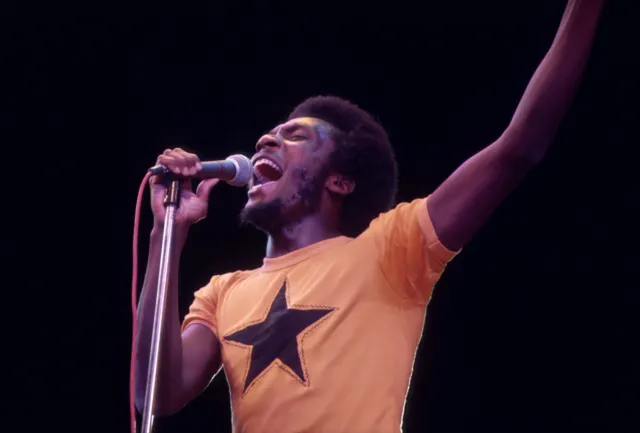Gambiaj.com – (KINGSTON, Jamaica) – Reggae legend Jimmy Cliff, whose voice and artistry carried the sound of Jamaica across the globe, has died at the age of 81. His wife, Latifa Chambers, announced the news in a statement on Instagram, saying the star “crossed over due to a seizure followed by pneumonia.”
“It’s with profound sadness that I share that my husband, Jimmy Cliff, has crossed over,” she wrote, thanking family, friends, colleagues, and fans for their support throughout his career. The message was also signed by their children, Lilty and Aken.
Born James Chambers in 1944 in St. James, Jamaica, Cliff rose from severe poverty to become one of reggae’s most celebrated ambassadors.
A gifted singer from childhood, he began performing in church at six and wrote his first songs after being inspired by ska pioneer Derrick Morgan. As a teenager, he moved to Kingston, adopted the name “Cliff” to symbolize his ambitions, and scored his first major hit, Hurricane Hattie, before turning 15.
Cliff moved to London in 1965 to work with Island Records, struggling initially to find mainstream success.

But his breakthrough came in 1969 with Wonderful World, Beautiful People, an upbeat anthem that charmed global audiences, and Vietnam, a searing anti-war ballad Bob Dylan once hailed as “the best protest song ever written.”
His international stardom was cemented in 1972 with The Harder They Come, in which he played Ivan Martin, an aspiring singer navigating Jamaica’s corrupt music scene.
The film became a landmark of Caribbean cinema, credited with introducing reggae to American audiences. Cliff contributed several tracks to its acclaimed soundtrack, including Many Rivers to Cross, a soulful reflection on his struggles in the UK.
“The film opened the door for Jamaica,” he later said. “It said, ‘This is where this music comes from.’”
Cliff went on to collaborate with global stars, including the Rolling Stones, and returned to the US charts in 1993 with I Can See Clearly Now, featured in the film Cool Runnings.
His career spanned decades and earned him numerous accolades, including two Grammy-winning albums (Cliff Hanger in 1985 and Rebirth in 2012), induction into the Rock and Roll Hall of Fame in 2010, and Jamaica’s prestigious Order of Merit.
Performing well into his later years, Cliff captivated audiences at Glastonbury in 2003 and Coachella in 2010, reaching new generations of fans.
Despite the global recognition, Cliff considered his impact on ordinary listeners his greatest achievement. Speaking to NPR in 2012, he said, “When someone comes up to me and says, ‘I was a dropout in school, and I heard your song You Can Get It If You Really Want, and that song made me go back to school…,’ that, for me, is a big success.”
Jimmy Cliff leaves behind a towering musical legacy—one rooted in struggle, buoyed by hope, and beloved across the world.










